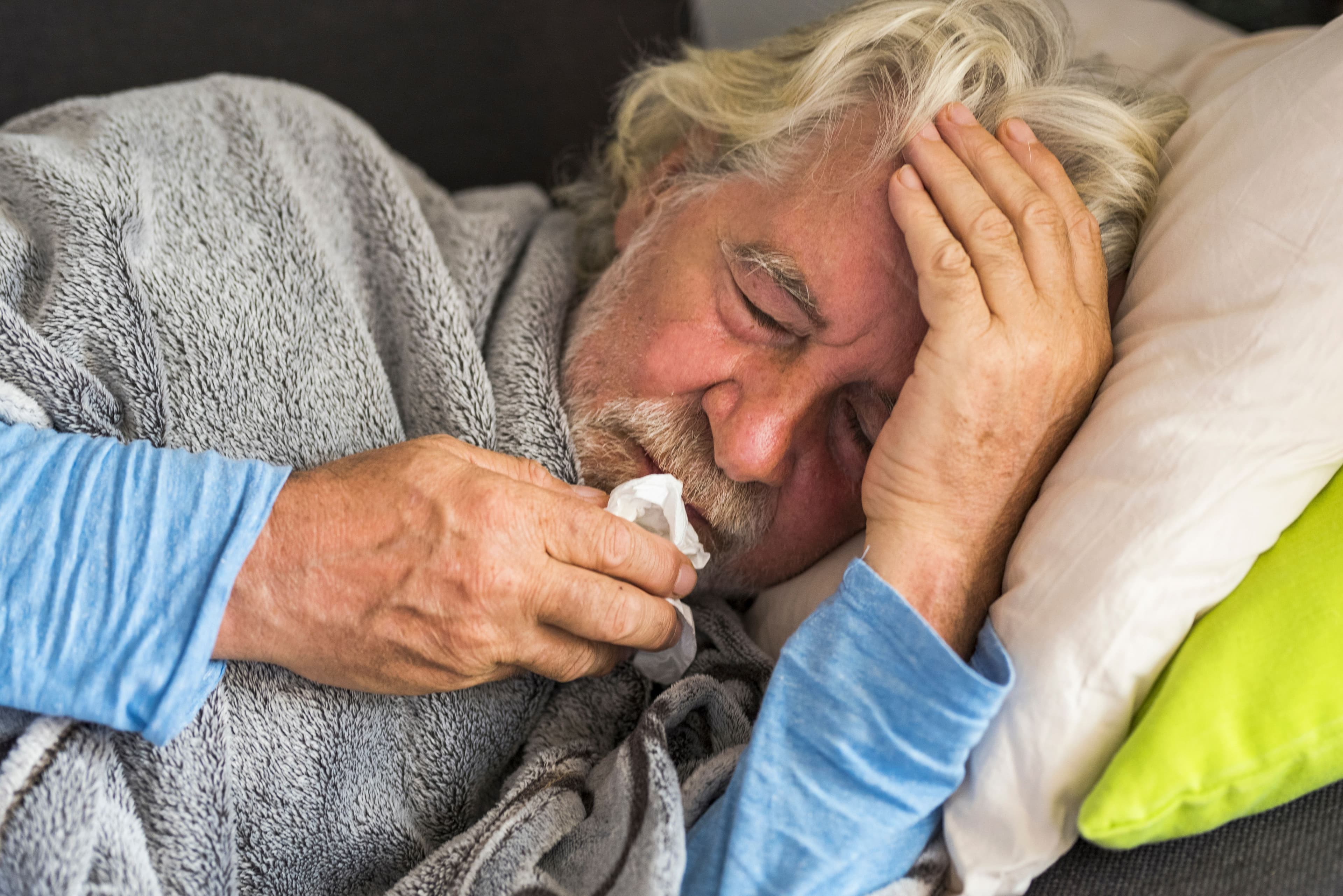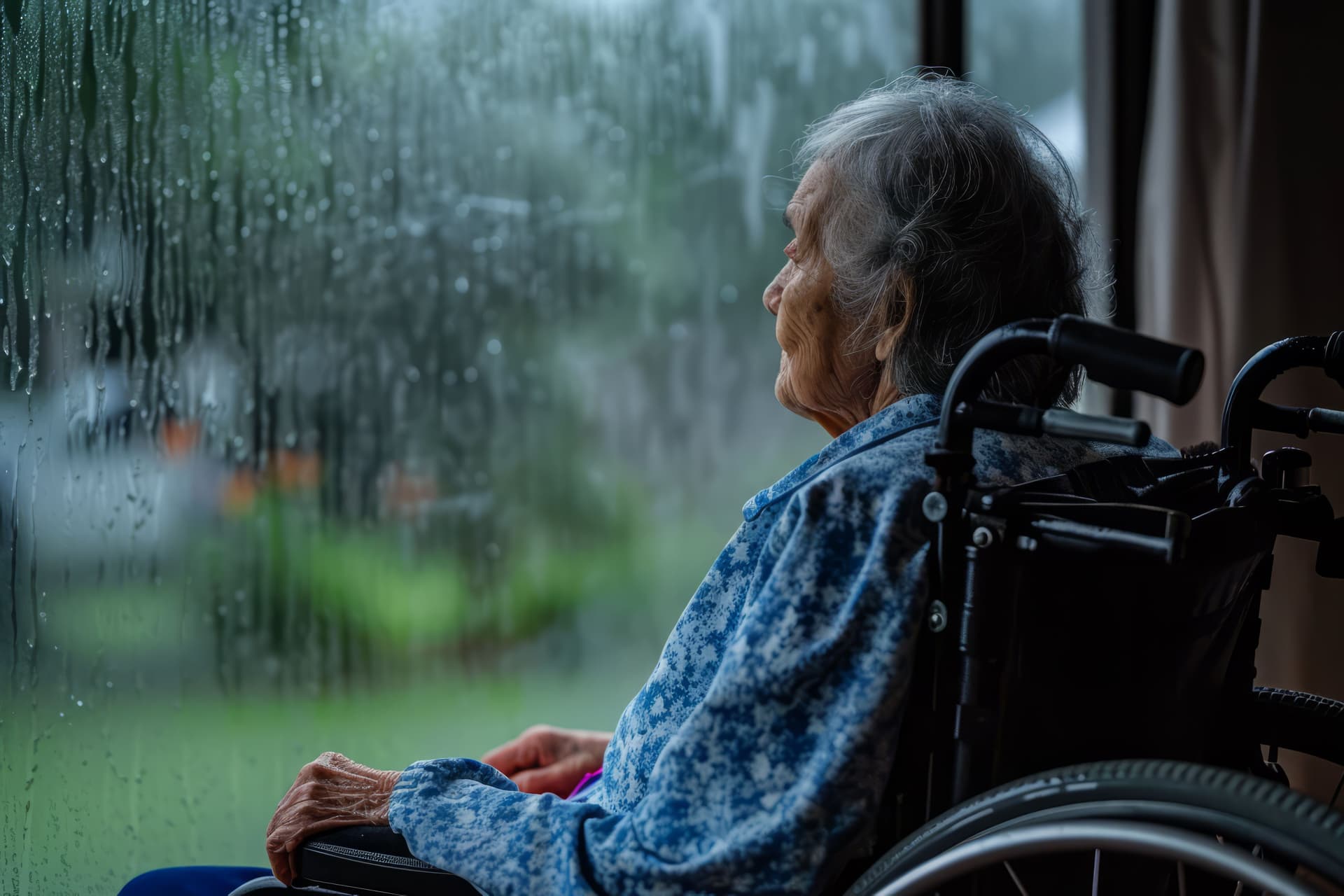
Nursing home abuse and neglect put vulnerable residents at serious risk, leading to malnutrition, dehydration, infections, and preventable injuries. When facilities fail to provide adequate care, residents suffer, and families are left feeling helpless. Lack of supervision, improper medical treatment, and unsafe conditions can result in devastating harm. Understanding the warning signs, knowing your legal rights, and holding negligent facilities accountable are crucial steps in protecting your loved ones. Learn how to take action and seek justice.
September 25, 2025
3 min
Temperature control is something most people take for granted. But for elderly nursing home residents, maintaining a safe indoor climate can be a matter of life and death. When facilities fail to provide proper heating during the winter or cooling during heatwaves, residents face serious risks—including dehydration, pneumonia, heatstroke, and even death.
This form of environmental neglect may not always be as visible as physical abuse, but its consequences are equally devastating. Seniors rely on nursing homes to provide safe, comfortable living conditions. When facilities cut corners, ignore maintenance, or fail to prepare for extreme weather, they put residents in grave danger.
Elderly individuals are more vulnerable to temperature extremes for several reasons:
Because of these factors, even moderate lapses in climate control can have serious medical consequences for nursing home residents.
Extreme heat is one of the most dangerous weather conditions for seniors. During heatwaves, body temperature can rise rapidly, leading to heat exhaustion or heatstroke, both of which can be fatal without immediate intervention.
Preventing heat-related deaths requires something simple—proper ventilation and air conditioning. Facilities that neglect this responsibility are putting cost savings ahead of resident safety.
While heatwaves are deadly, cold environments are equally dangerous for elderly residents.
Signs of cold-related neglect include residents shivering, complaining of cold rooms, or lacking adequate blankets and warm clothing.
Neglect is a form of elder abuse, and environmental neglect falls squarely within that category. Nursing homes are legally and ethically required to provide a safe living environment. Failing to maintain safe indoor temperatures is not just an inconvenience—it is abuse by omission.
When residents suffer illness or death due to inadequate heating or cooling, facilities can and should be held accountable.

Both federal and state regulations establish requirements for safe temperatures in nursing homes:
When a nursing home fails to provide adequate temperature control, it may face civil liability, fines, or loss of licensure.
Families visiting loved ones should watch for signs of environmental neglect, including:
If the facility seems uncomfortable to you, it may be unsafe for vulnerable residents.
If you suspect environmental neglect, take action quickly:
Your vigilance can prevent harm and may save lives.
Families whose loved ones have suffered due to unsafe temperatures may have several legal options:
Holding nursing homes accountable is not only about justice for one resident—it is about forcing facilities to put safety over profits.
Nursing homes exist to provide safe, dignified living conditions for seniors. When facilities fail to regulate temperatures during heatwaves or cold spells, they engage in environmental neglect that can have fatal consequences.
Families must remain vigilant, speak up when conditions are unsafe, and demand accountability from negligent facilities. No senior should suffer because a nursing home failed to turn on the air conditioning or keep the heat running.
If your loved one has suffered from environmental neglect in a nursing home, Michael Hill is ready to stand by your side and fight for justice.